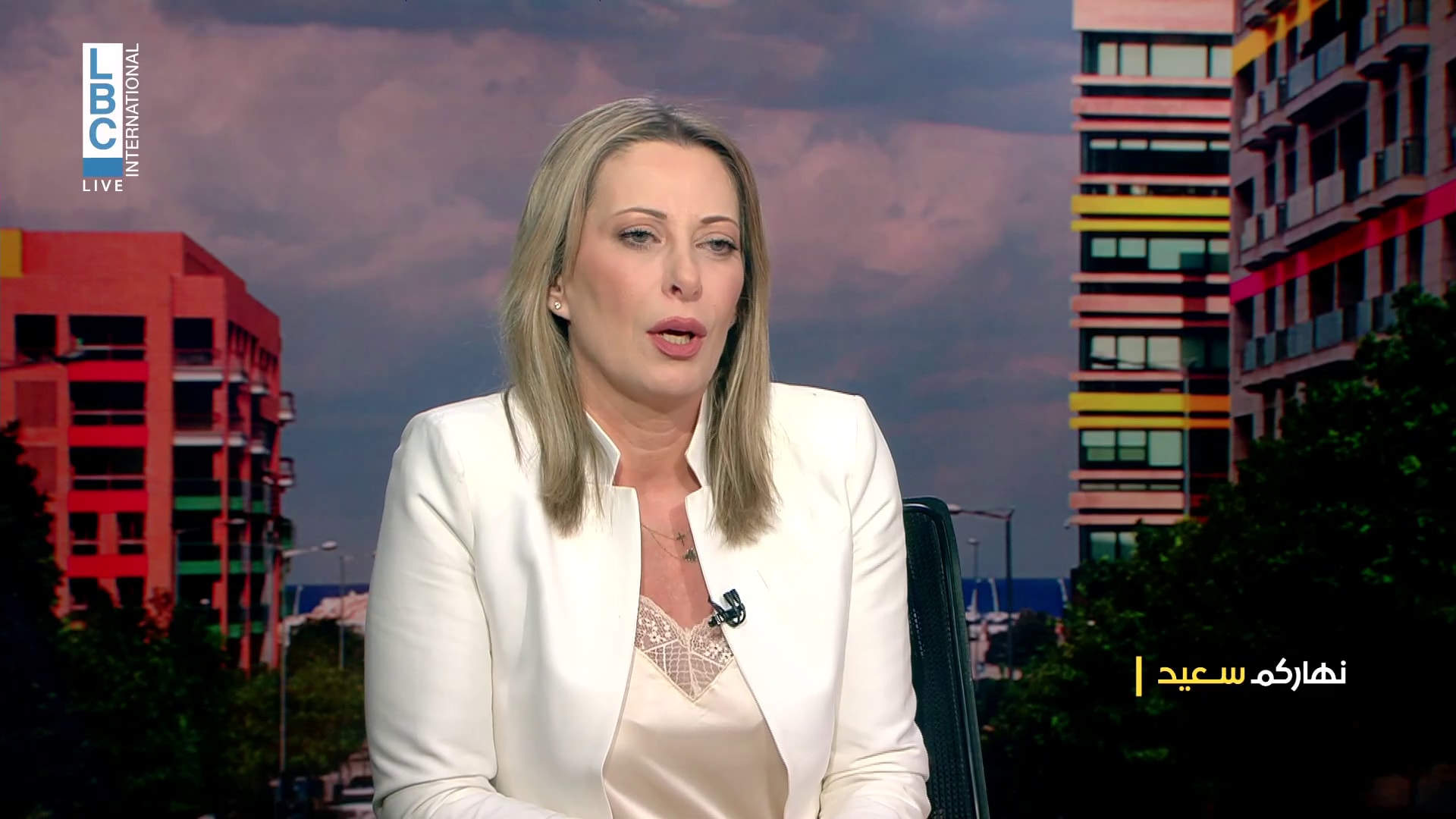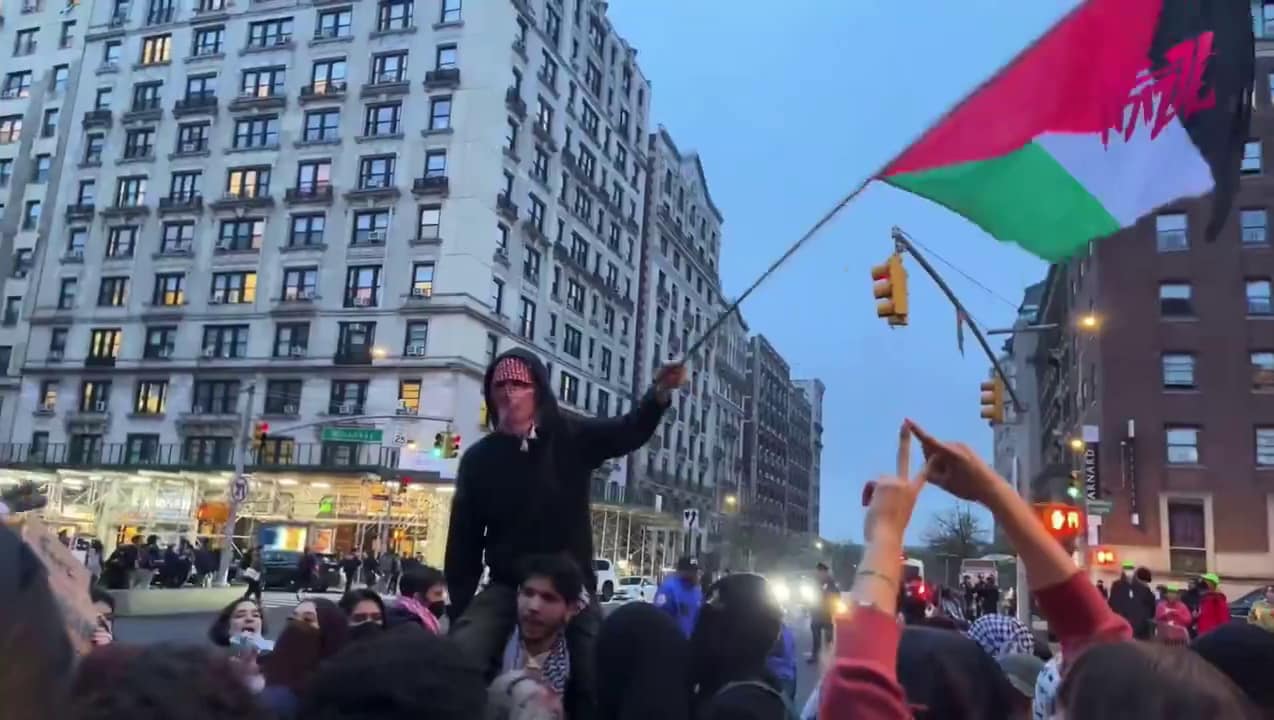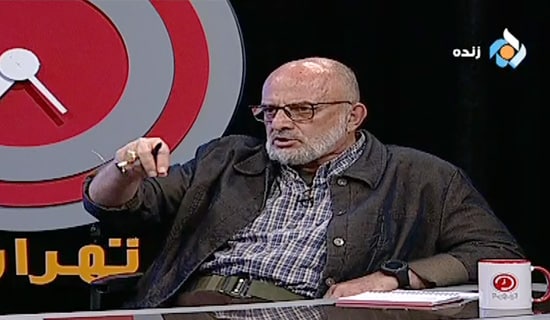
Following are excerpts from an interview with Egyptian playwright Ali Salem, which aired on Abu Dhabi TV on August 16, 2007.
Ali Salem: There is no contradiction between freedom and what I call the "pot of meat." I will go even further, and say that the "pot of meat" – not to mention the fruit, bread, salt, pepper, and salads, and on cold winter nights, hopefully a bowl of soup – bears an inherent connection to philosophy and freedom. If you are free, you can plant your field, and raise buffaloes and cows, and you are free to go and sell them in the market. You have a trade that earns you money, and there is a merchant who will buy and slaughter them, and then he will sell it in the market. In such a case, you are working in a job that brings you money. You need a society with freedom in politics, economy, and education, in order for this cycle to be complete. Whoever tells you that bread is more important than freedom is a fraud and a thief.
The meat, in this case... There is also cheese, olives and pastrami, and there are shoppers at the supermarket – all these things require political and economic freedom.
[...]
The culture of death is a culture of irresponsibility. It is a culture in which a person considers all the "others" to be his enemies. He is terrified of them, and he feels he must finish them off before they finish him off. In addition, this culture does not glorify life – although life is the greatest thing Allah has created for us. I'm not relying on any religious authority or historical examination, but I can only give you my personal opinion. Allah created us in order to enjoy this beautiful universe, and in order to make it even more beautiful, or at the very least, to keep it beautiful.
[...]
It is in the interest of the people of this region to achieve peace.
Interviewer: You've visited Israel, and you are one of the supporters of peace.
Ali Salem: True.
Interviewer: Some people criticize you for this stand. In brief, on what objective foundations do you base your defense of peace?
Ali Salem: When you suffer such an ignominious defeat as in 1967, and when you begin to uncover what your mistakes were, you begin to think that you must not be defeated in peace as well, that you must not lose the battle for peace as well as the war.
[...]
We have finished the conflict of war, and we enter the competition of peace. Peace is not a beautiful garden, in which we and the Israelis will sit together. Peace is a venue for competition. Human jealousy requires us not to be inferior to them in terms of democracy, human rights, import, export, education, and scientific research.
[...]
Interviewer: How do you view the future of political Islamic movements, and their connection to Arab society in particular?
Ali Salem: Arab history is full of such movements. In elementary school, we used to read: "And then the Sultan wiped them out," or "Then the Emir finished them off," or "Then he went to the city and turned it to rubble." Times have changed, and no one is allowed to wipe out anybody. Today, the [Islamists] are not the main force. They are in the opposition. The public is learning every day that this kind of conflict will get them neither a Palestinian state nor human rights.













